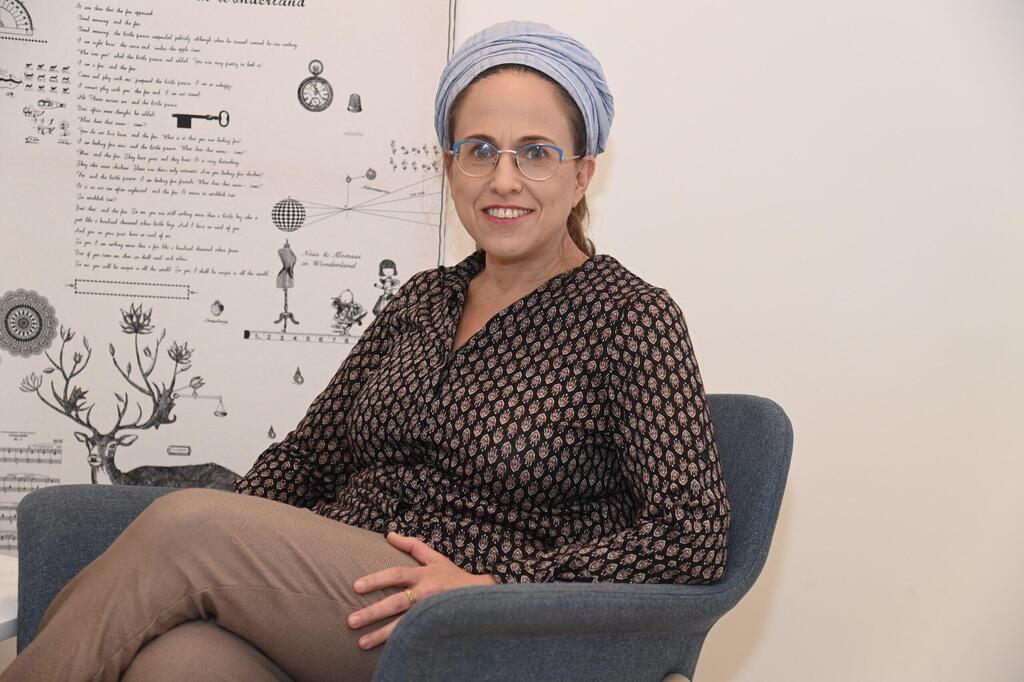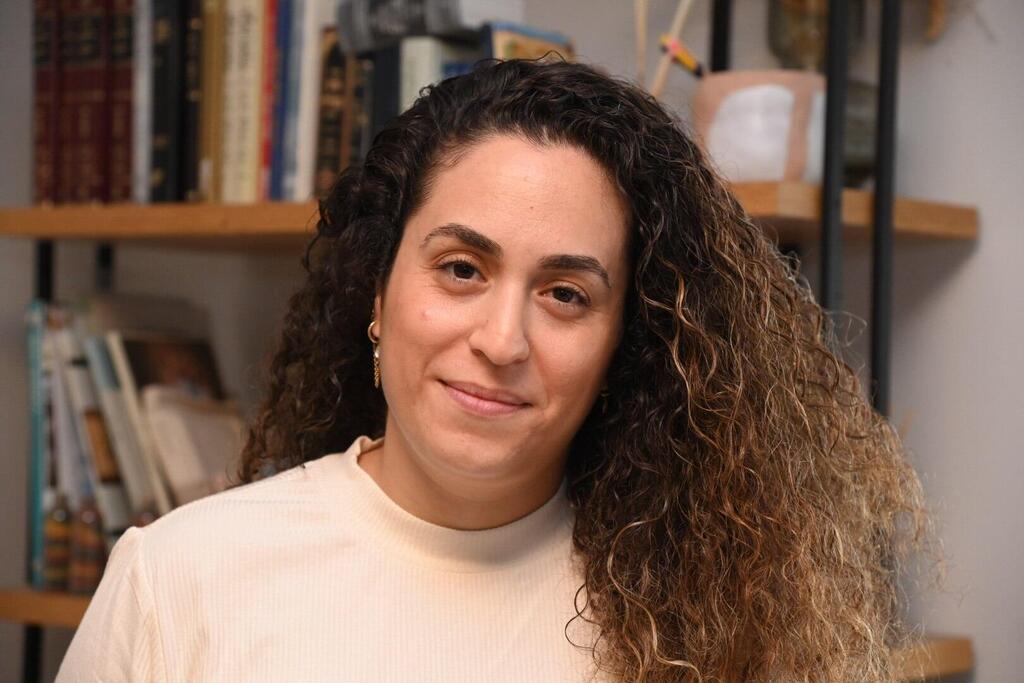Getting your Trinity Audio player ready...
'Why did this happen to us?'
They bore witness to brutal acts of violence that unfolded right before their eyes, often finding themselves isolated for endless hours, overwhelmed by fear and shock as they awaited help. Some exchanged a final, unknowing kiss with their loved ones before heading out to social gatherings they would never return from.
Among these were infants, too young to express the depth of their anguish and yearning. On the dreadful day of October 7, twenty-one children were plunged into a nightmarish reality, losing both parents under tragic circumstances. Six months on, those tasked with their care reveal that the children's journey toward healing has scarcely begun. Yet, in the embrace of compassionate family members, they are tentatively piecing together new lives beneath the long shadows of their losses and ongoing trauma.
Terrorists in Sderot on October 7
The social workers assigned to assist these orphaned children encountered a catastrophe of a scale they had never faced before. "When we entered the scene, we were embroiled within the collective trauma that we all experienced as a country," shares Racheli Shalev, a social worker, team leader, and professional trainer at Shahar Foster Care Services. "As social workers, we are accustomed to encountering pain and loss; that's what we do. But this was something else, something different."
Echoing this sentiment, Sivan Levin, head of the therapeutic foster care team at the Summit Institute, points out that this disaster affected the entire nation. "It’s not the first time we’ve accompanied children who were orphaned from both parents, and it’s not even the first time we’ve accompanied children orphaned under very tragic circumstances and who were present at the event," Levin explains. "But I think what’s special about this story is that we ourselves are part of the trauma — here, the story is part of what happened to me."
Racheli Shalev explains that the orphans' coping process today is fraught with numerous unanswered questions. "There are many existential inquiries. Questions like 'Why did this happen to us?' or 'How could this have possibly happened?' There's also survivor's guilt with questions such as 'Why did I survive?' Some children are still trying to process the events, unable to fully comprehend them. Conversely, others are looking ahead, wondering how to honor their parents' memory and desiring to visit their ruined homes."
Rachel Eger-Levin, director of Foster Care Services for Children and Families at the Ministry of Welfare and Social Security, observes the varied responses among the children. "We see that some children are managing, while others find it significantly harder," she notes. "They grapple with questions like, 'If the safe room, touted as the safest place on earth, turned into a death trap, then where is truly safe?'"
Reflecting on the past six months since the incident, Racheli Shalev acknowledges the passage of time and its effects. "It's evident that we're not merely a day beyond the event; we are still within it. Yet, slowly, amidst the chaos and emotional turmoil, each person is gradually finding their footing."
She attributes the resilience and progress, against all odds, to the family members who rallied immediately to support and raise the orphans. "With immense emotional resilience, they have managed to create a new home for these children, restore a sense of security, and mitigate their pain, all while dealing with their own grief and trauma," she says. "These families are incredibly strong, driven by a profound commitment to nurture the children and help them emerge from the crisis and trauma."
The ongoing conflict, displacement of numerous families, and the captivity of 133 individuals by Hamas significantly complicate the rehabilitation efforts. "This is an ongoing event, we still can't put it behind us," remarks Danit Brodber-Elias, a clinical social worker and team leader at Shahar. "Only now are families starting to grieve, having been previously entangled in extensive bureaucracy. Only now is the full impact hitting them. The children are increasingly overwhelmed by a mix of longing, sudden media exposure, and dilemmas such as whether to call their foster parents 'mom and dad'."
Additionally, the new orphans of October 7 face the unique challenge of widespread media coverage. "I think what's different, among other things, in this accompaniment is that all the stories are known and publicized, and I feel that even the children we accompany are exposed to them," states Noa Adeni-Elbeling, a social worker, foster care guide, and emotional therapist at the "Or Shalom" association. "This exposure can be overwhelming. Inevitably, some boundaries have been crossed, and these children lack the choice in deciding if and how their stories are shared. Their personal traumas are already public knowledge."
The Ministry of Welfare and Social Security bears the responsibility for the care of children orphaned by the harsh events of October 7. Rachel Eger-Levin emphasizes the expanded scope of their support. "We knew even before the war how to help a child connect in a new home," she explains.
"We understood how to foster positive and secure attachments with caregivers previously unknown to the children, who must now place their trust in these individuals. However, these are children we would never have met if not for this tragedy, and now even their caregivers require support to manage daily."







